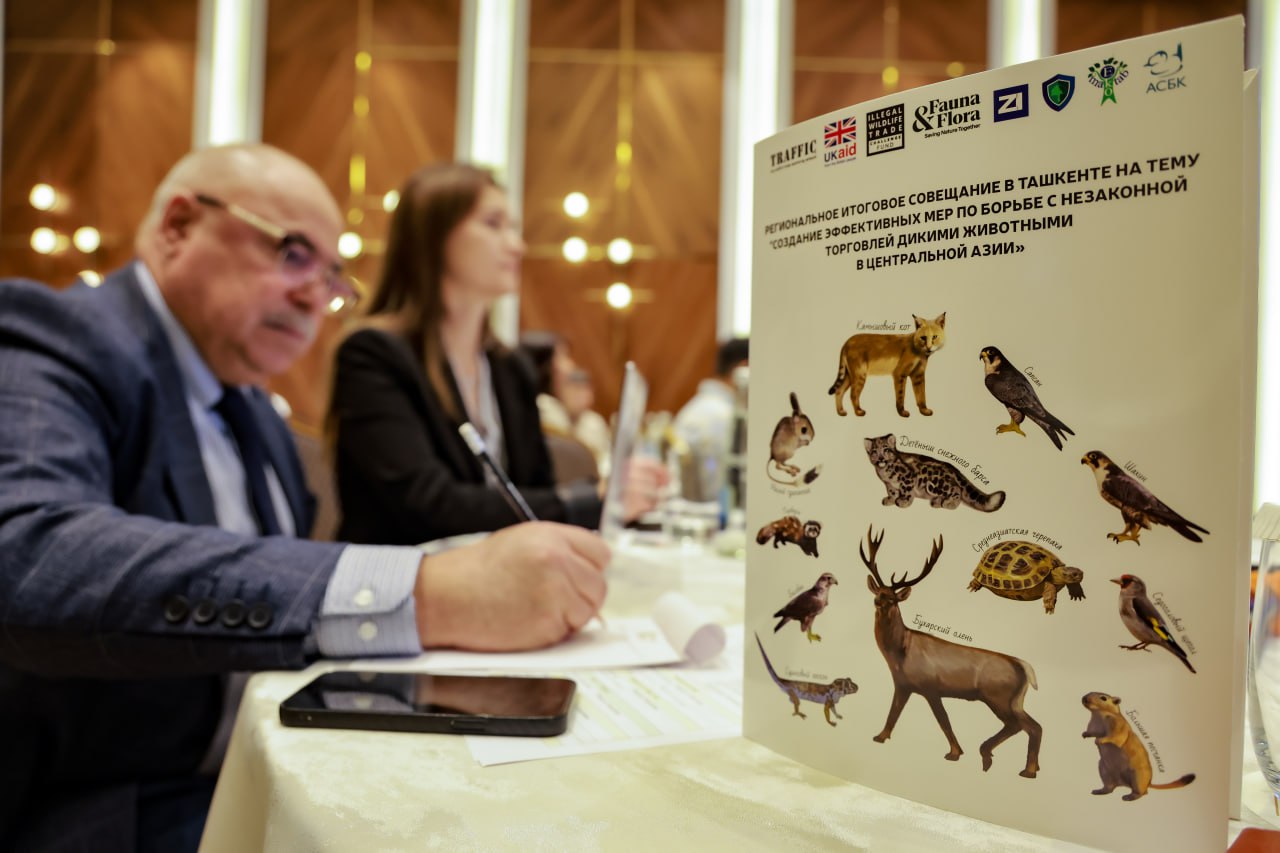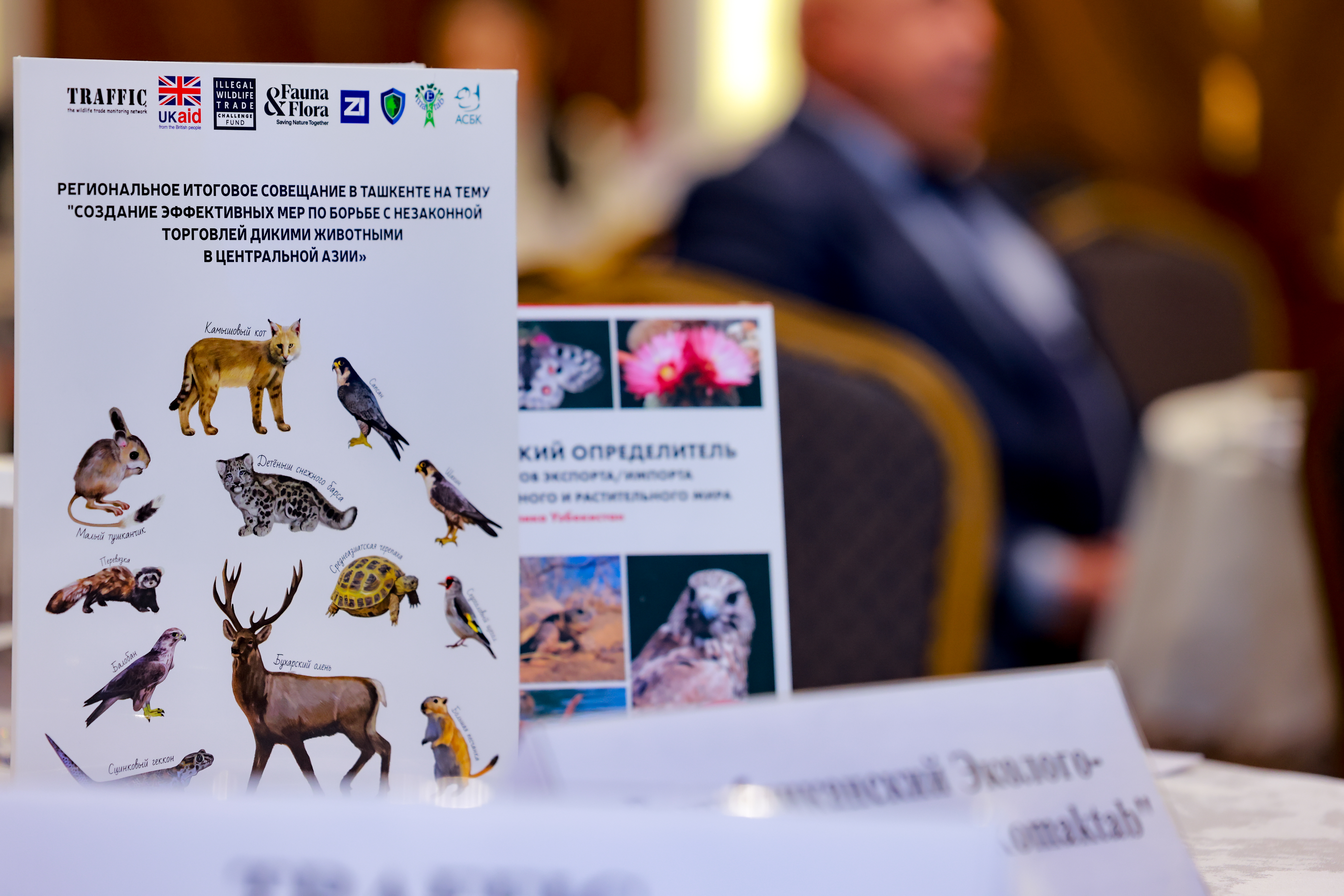
The final meeting on the first stage of the international project "Capacity Building and Assistance in Combating Crimes Against Wildlife in Central Asia" is taking place in Tashkent from March 4–5.
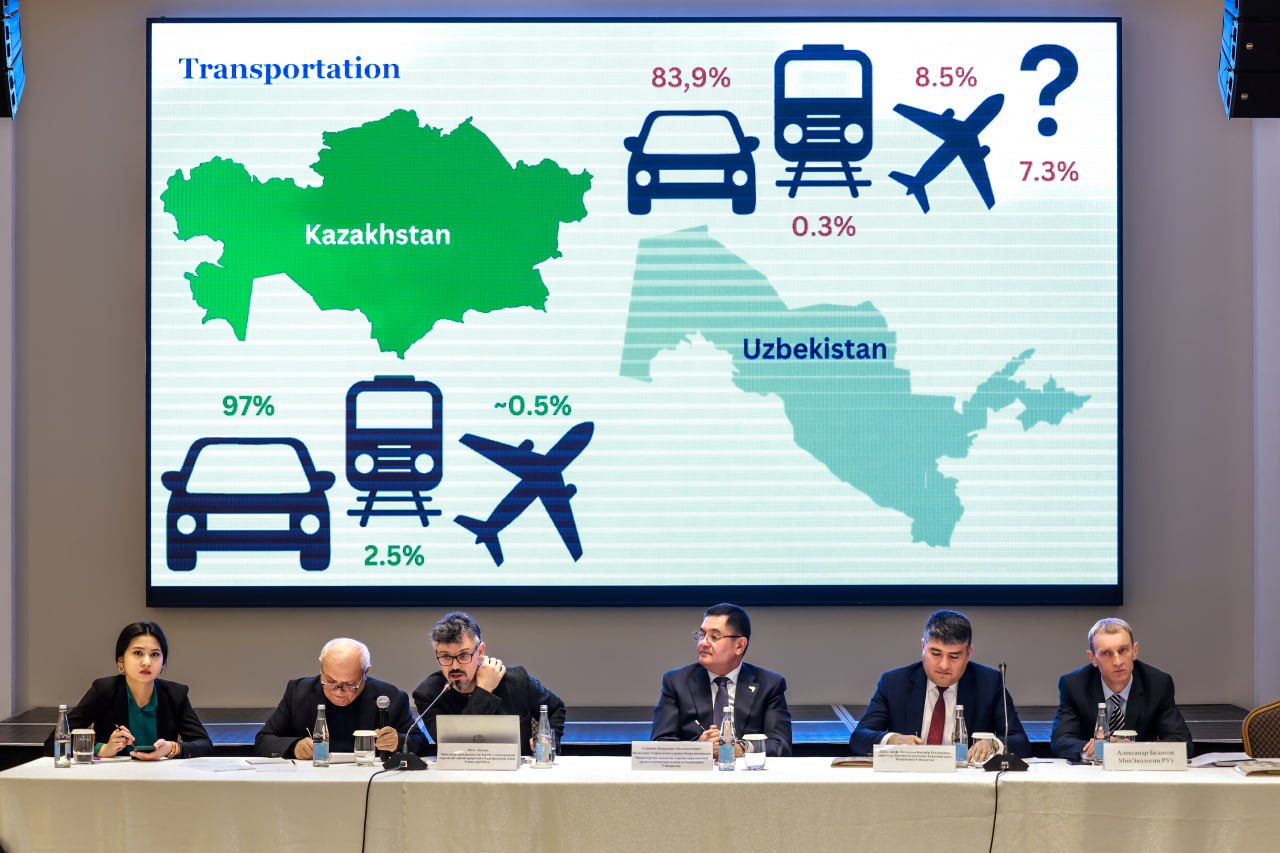
This project unites the countries of Central Asia—Uzbekistan, Kazakhstan, Kyrgyzstan, and Tajikistan—in a common task: the development and implementation of effective measures to combat illegal wildlife trade in Central Asia. The organizers are the Ministry of Ecology, Environmental Protection, and Climate Change of the Republic of Uzbekistan, the international organization Fauna and Flora (Great Britain), the Republican Ecological Resource Center "EKOMAKTAB", the Institute of Zoology of the Academy of Sciences of the Republic of Uzbekistan, the international organization TRAFFIC (Great Britain), and the Association for the Conservation of Biodiversity of Kazakhstan (ACBK).
The event was opened by the Head of the Department of Biodiversity Policy of the Ministry of Ecology, Abdurashid Sadikov, who noted the relevance of the agenda of the meeting.
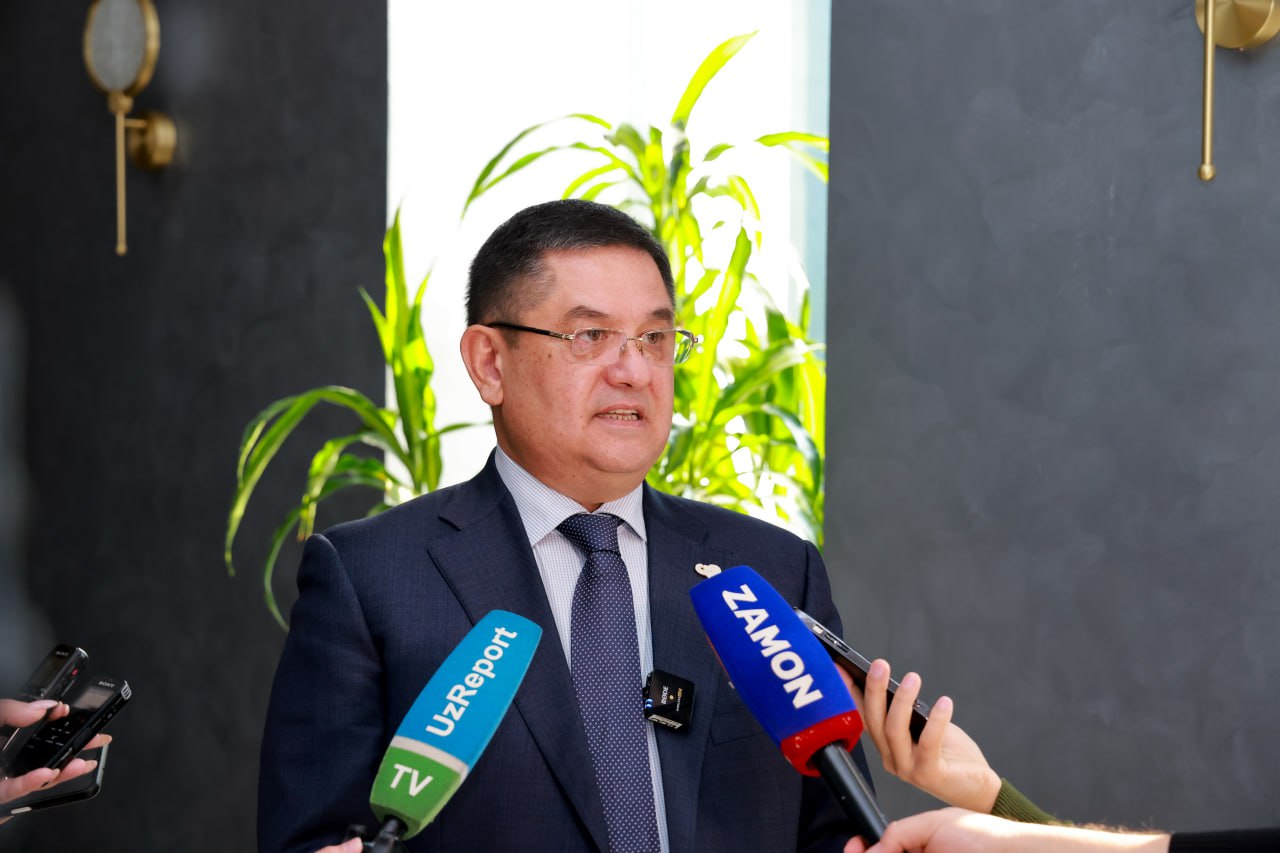
"The illegal wildlife trade is now the fourth most profitable trade in the world; unfortunately, there are enough people selling animals illegally. This means that we need to take more measures to combat the trade in wild animals, which are the basis of biodiversity. We have established consistent cooperation with local and international organizations in this regard. Our goal is to prevent the illegal import or export of animals by air, rail, and other means of transport", said Abdurashid Sadikov.
The purpose of the meeting is to share the results of the first phase of the project with representatives of the national partners of the project, discuss achievements and lessons learned, as well as identify the next steps in solving the problems of illegal wildlife trade and contributing to the fulfillment of obligations under the CITES Convention.
In his overview speech, the manager of the Fauna and Flora program to combat illegal wildlife trade in Central Asia, Matt Lawton, noted the significant contribution of Uzbekistan and the significant support of the country's government to ensuring environmental stability and security, as well as the implementation of the conditions for fulfilling obligations under the CITES Convention (Convention on International Trade in Endangered Species of Wild Fauna and Flora Disappearances).
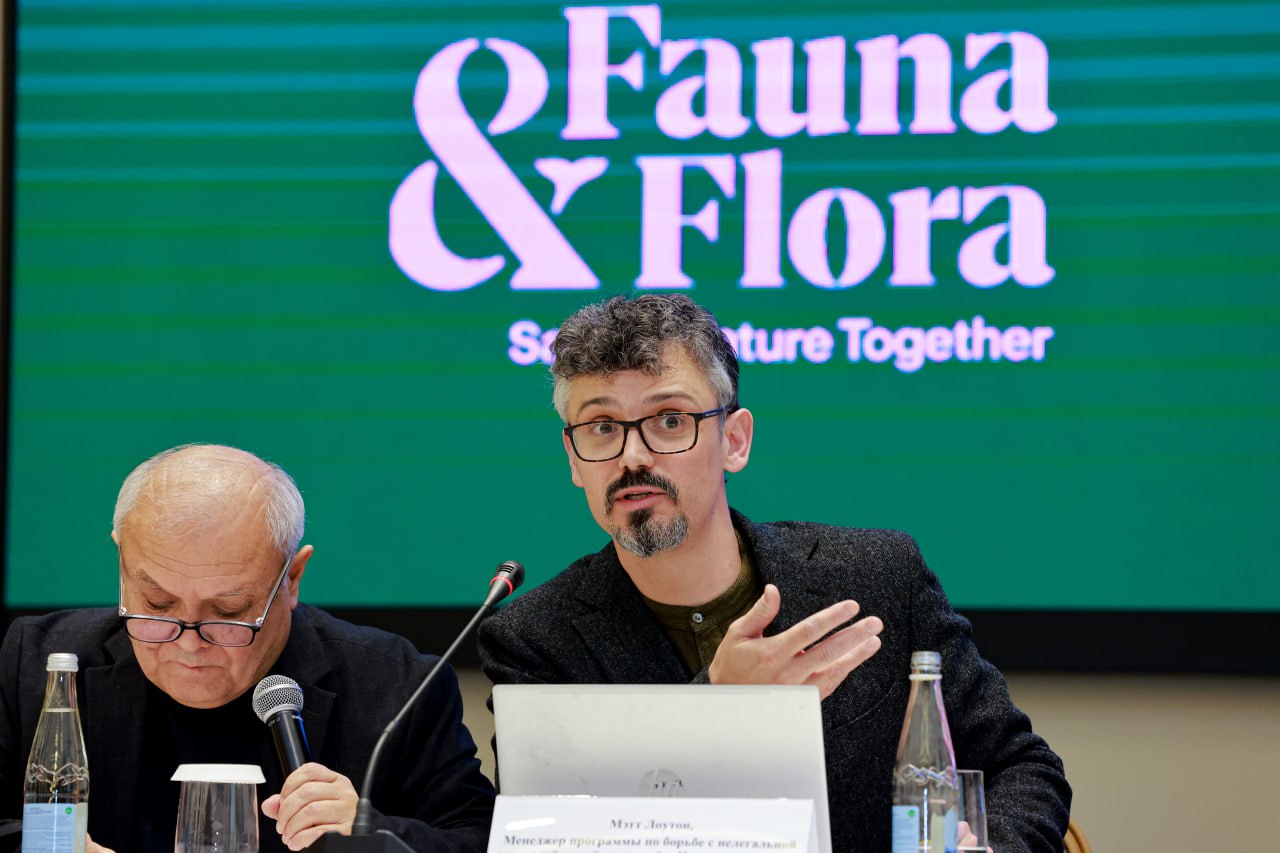
"We have passed the first stage of the project and have good results. Communication between key departments is being established, experience and information are being exchanged, reference and information literature has been prepared, and sniffer dogs are being trained to detect smuggling with animals and their derivatives (horns, skins). Cross-border regional cooperation is being established between the countries of Central Asia; the functions of identifying, suppressing, investigating, and applying law against violators and strengthening prosecutorial and judicial capacities are being increased", said Matt Lawton.
It is worth noting that improving the effectiveness of the detection and response of law enforcement agencies to illegal wildlife trafficking is a serious logistical problem for Central Asia, requiring significant investments in capacity and effective coordination between agencies. Kazakhstan, Kyrgyzstan, and Uzbekistan share a 19,193-km land border and allocate limited and varying levels of priority, funding, and resources. Law enforcement officers stationed in wildlife source areas, transportation hubs, and checkpoints along trafficking routes rarely have access to the necessary knowledge, information, and technology needed to effectively curb, prevent, or respond to wildlife trafficking.
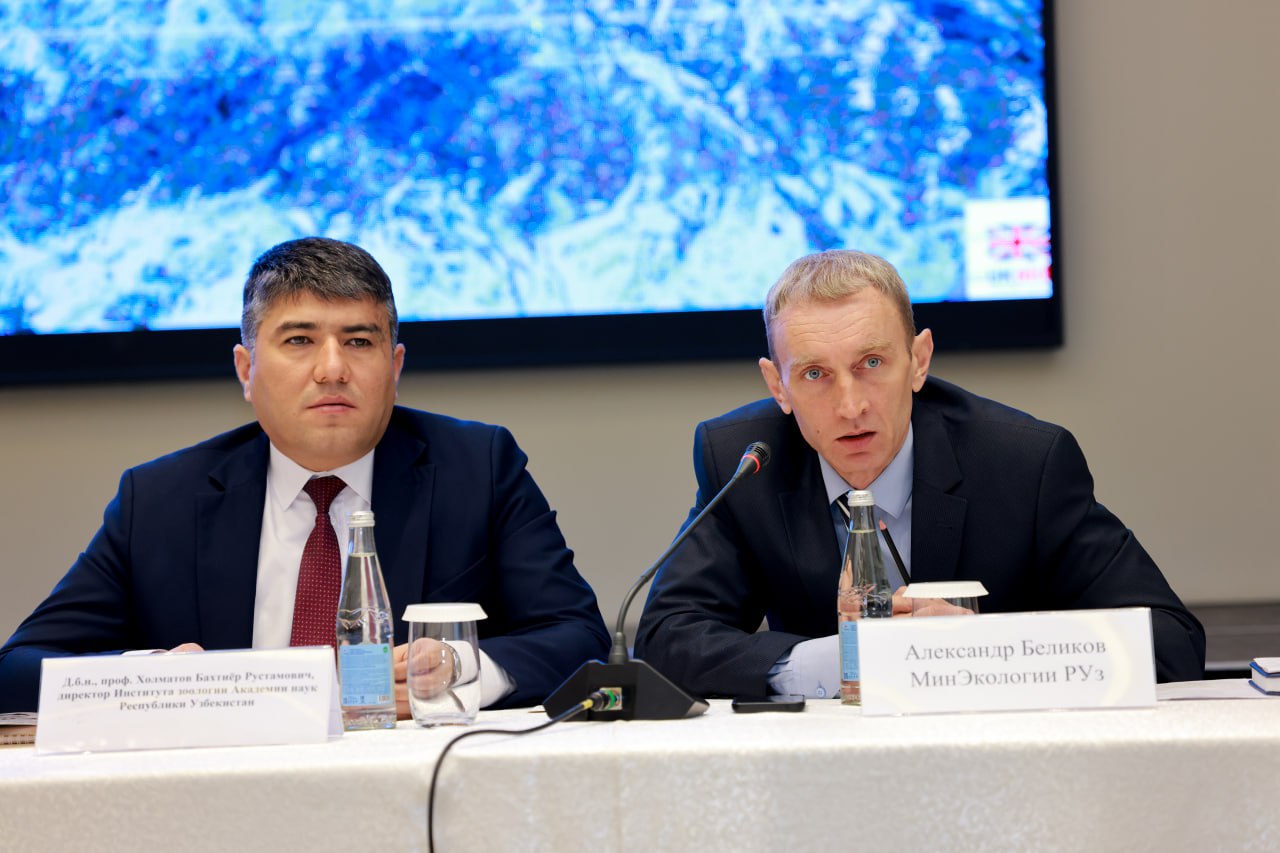
It was said at the event that several seminars and trainings were organized to increase the level of knowledge and skills in identifying wildlife objects included in the CITES Convention list as rare and vulnerable.
Information, reference literature, and visual aids have been prepared. The work carried out within the framework of this project is the first and most progressive form of joint work that unites the administrative potential and resources of the Customs Committee of the Republic of Uzbekistan, the environmental protection agency, the expert potential of science, and public environmental organizations.
